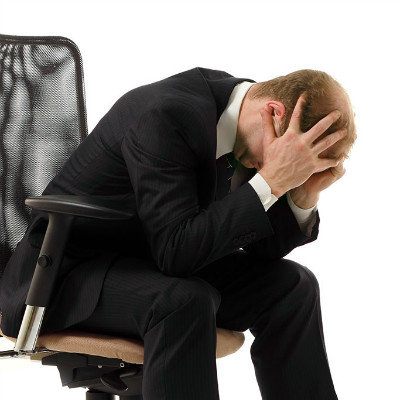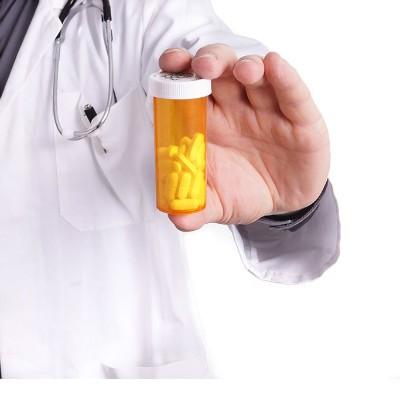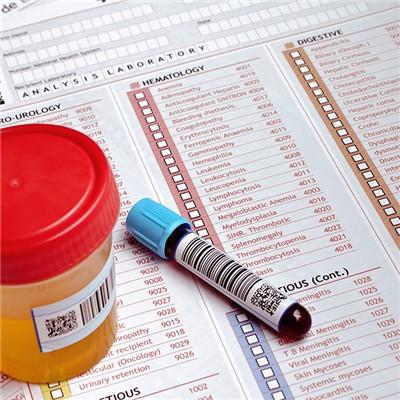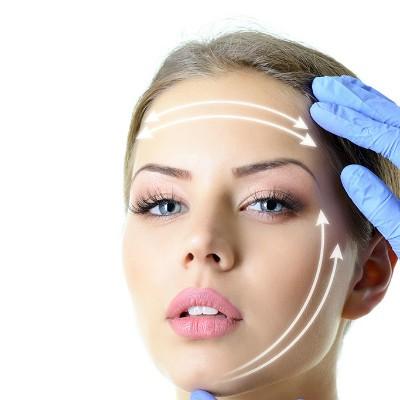How to do sudden deafness?
summary
The cause of sudden deafness is not very clear. In ordinary days, we must take care of and maintain our body. The most common cause of sudden deafness is insufficient blood supply to the inner ear. The blood supply to the inner ear is long and thin. Many reasons can affect the blood supply of this blood vessel; Such as heart disease, hypotension can make the lack of vascular pressure; The effect of hypertension is small in the early stage, but the elasticity of blood vessels will be reduced after a long time; Atherosclerosis can narrow blood vessels. Let's share what to do about sudden deafness?.
How to do sudden deafness?
First, the definition of sudden deafness. The hearing of one or both ears suddenly decreased significantly (many people wake up, go out to catch a cold, emotional fluctuations or a large number of alcohol and tobacco stimulation), manifested as sudden phone calls, one ear can not hear clearly, ear stuffy, sound in the ear (tinnitus), and even serious dizziness, nausea and vomiting.

Second: what to do after hearing loss? See a doctor as soon as possible within 3 days. Within 72 hours after sudden deafness is the golden period of treatment, after 72 hours, the effective rate of treatment plummeted. Therefore, we should immediately put down the work at hand, go to the hospital for treatment, and take medicine as soon as possible.

Third: how to treat sudden deafness? At present, the diagnosis and treatment standards of the United States found that hormone is the most effective treatment for sudden deafness, including systemic intravenous, oral and intratympanic injection. According to the frequency and degree of hearing loss, the effective rate is about 20-95%. The effective rate of low frequency mild to moderate hearing loss was the highest, and that of full frequency severe hearing loss was the lowest.
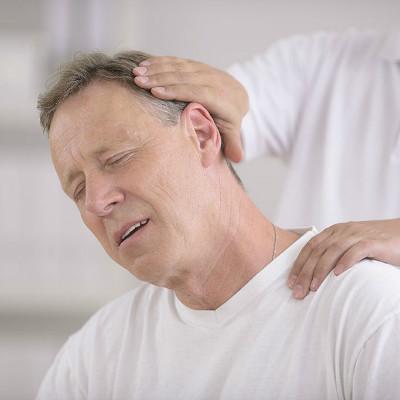
matters needing attention
Sudden deafness is an early warning mechanism for the decline of human function and sub-health. Physical examination should be carried out in time to exclude the possibility of systemic basic diseases such as hypertension, diabetes and hyperlipidemia. At the same time, adjust living habits, low salt, low fat and low sugar diet, strengthen exercise, regulate mood, reduce work pressure, more rest, more water and more activities, to prevent further cardiovascular and cerebrovascular diseases. For young people, it needs special attention that long-term wearing headphones to listen to music is a common risk factor for hearing loss. The wearing time of earphone should be reduced as far as possible.

